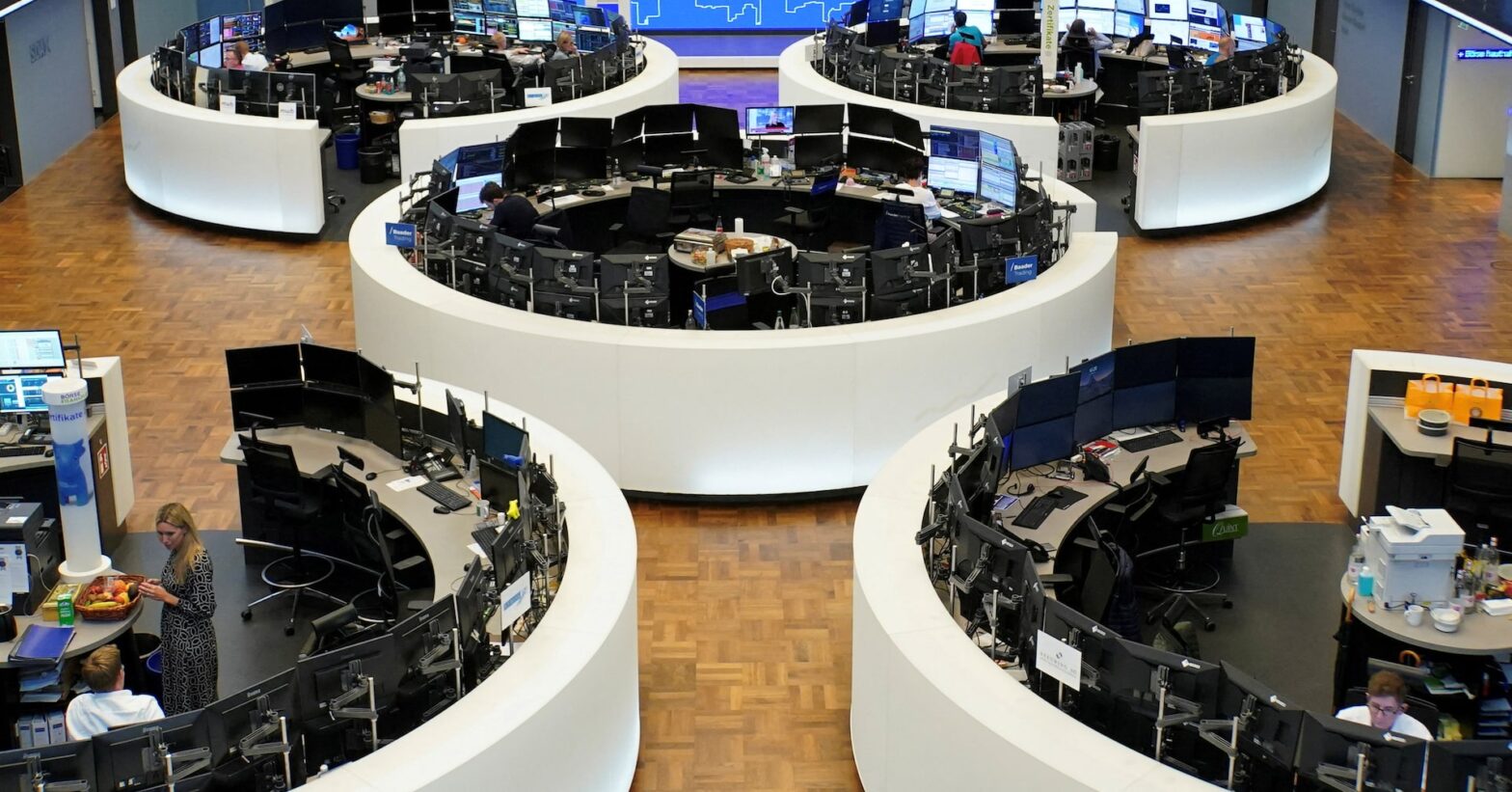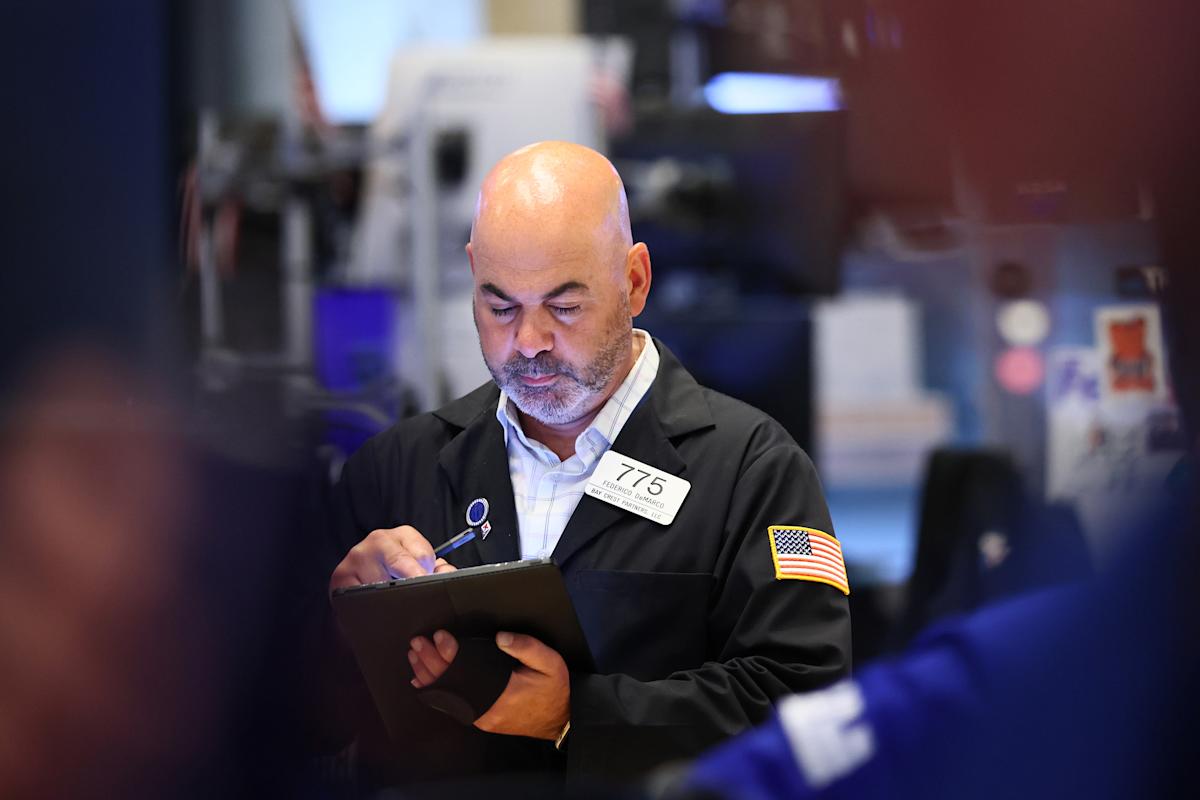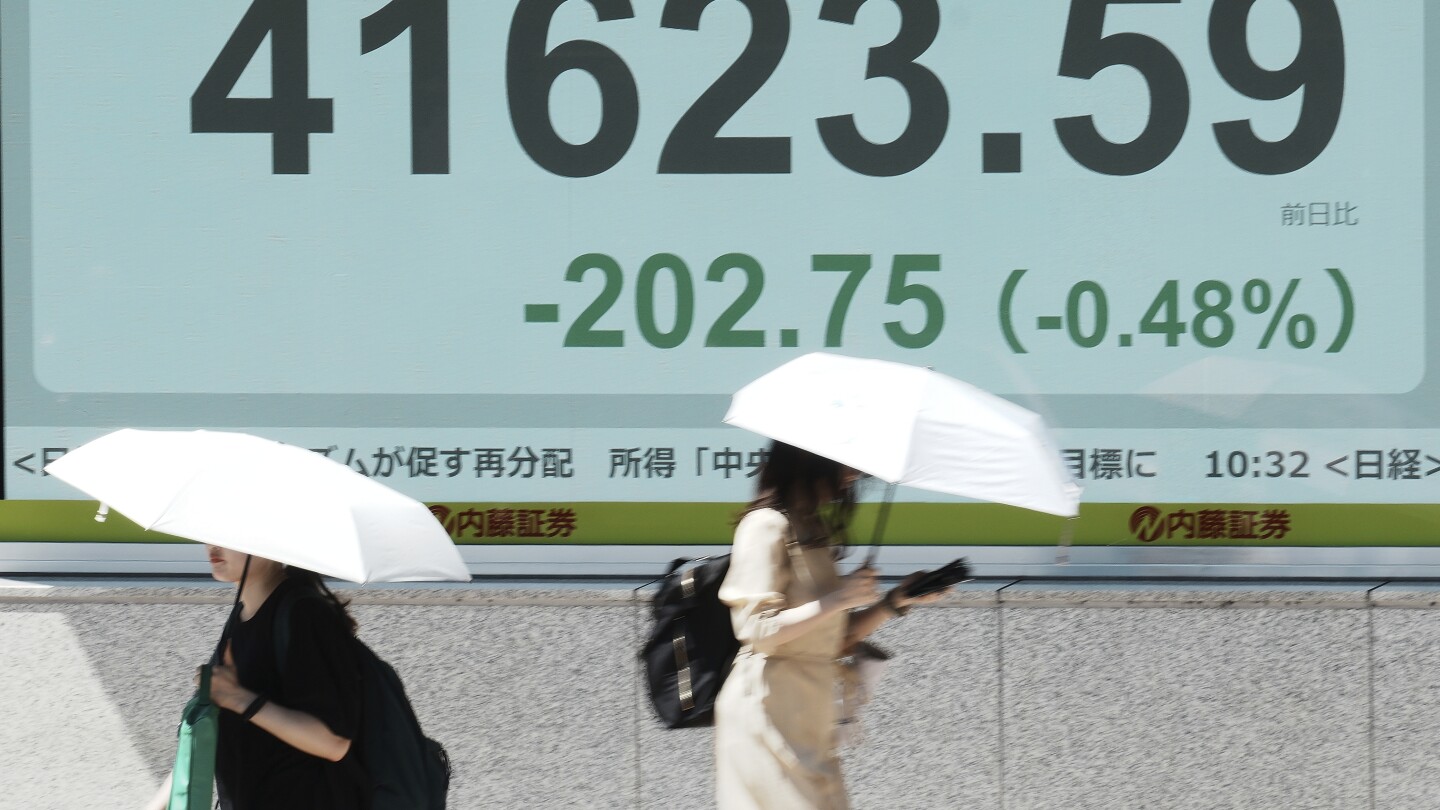Adrian Volenik
4 min read
Dave Portnoy, the outspoken founder of Barstool Sports, posted a simple question on X last week that hit a nerve in the crypto world: “If the point of Bitcoin is to be independent of the U.S. Dollar and nonregulated, why does it basically trade exactly like the U.S. stock market nowadays?”
Don’t Miss:
-
Hasbro, MGM, and Skechers trust this AI marketing firm — invest pre-IPO from $0.55 per share now.
-
Are you rich? Here’s what Americans think you need to be considered wealthy.
That one line summed up what a lot of casual investors have been wondering, especially as Bitcoin and crypto stocks took a dive following President Donald Trump’s new round of tariffs on Wednesday.
Bitcoin had been hovering near $88,000 before Trump’s announcement. Not long after the tariff policy was unveiled, it slipped below $83,000. It wasn’t alone. Stocks tanked in after-hours trading, with tech-heavy ETFs like Invesco QQQ (NASDAQ:QQQ) falling 4%.
Crypto-linked stocks also followed the same trend. MicroStrategy (NASDAQ:MSTR) dropped 7%, Coinbase (NASDAQ:COIN) fell 6%, and Robinhood (NASDAQ:HOOD) lost 9%.
So much for being “independent.”
Trending: Have $200K saved? Here’s how to turn it into lasting wealth
Plenty of people chimed in to answer Portnoy’s question. Some pointed to institutional involvement, others blamed emotions, and a few leaned on technical analysis.
“Bitcoin trades like a risk asset short term because it’s the most liquid, salable, 24/7 asset on Earth,” said MicroStrategy Executive Chairman Michael Saylor. “In times of panic, traders sell what they can, not what they want to.”
And then there’s plain logic. “If you needed to pay rent what are you selling first? Apple stock or your crypto bags?” one user wrote.













